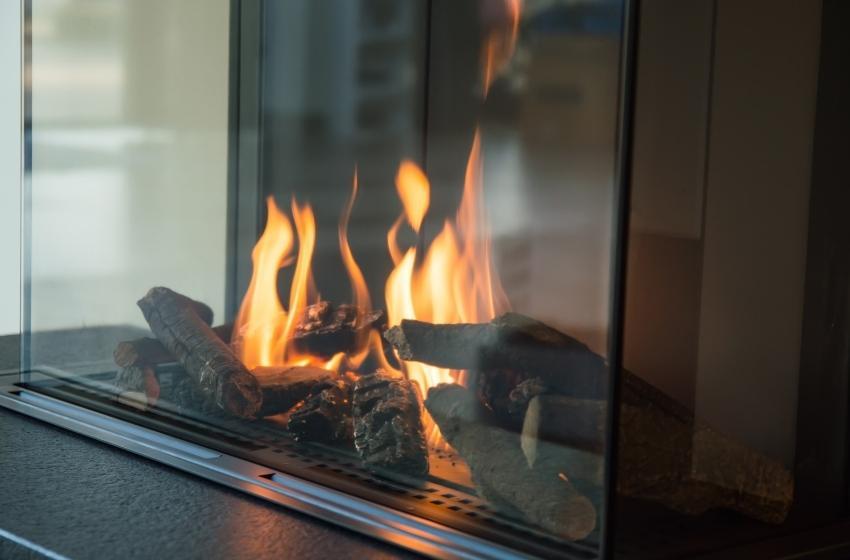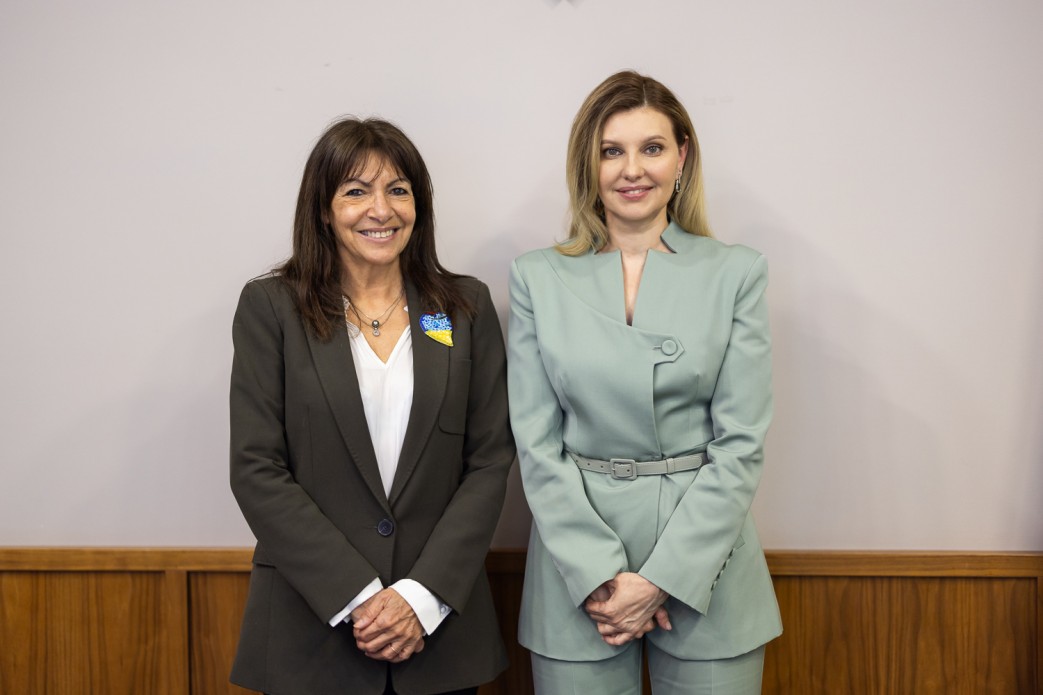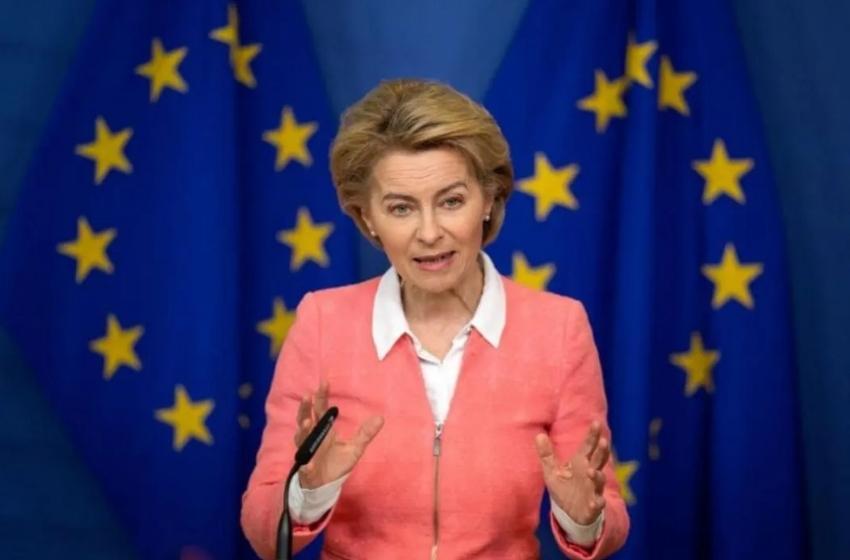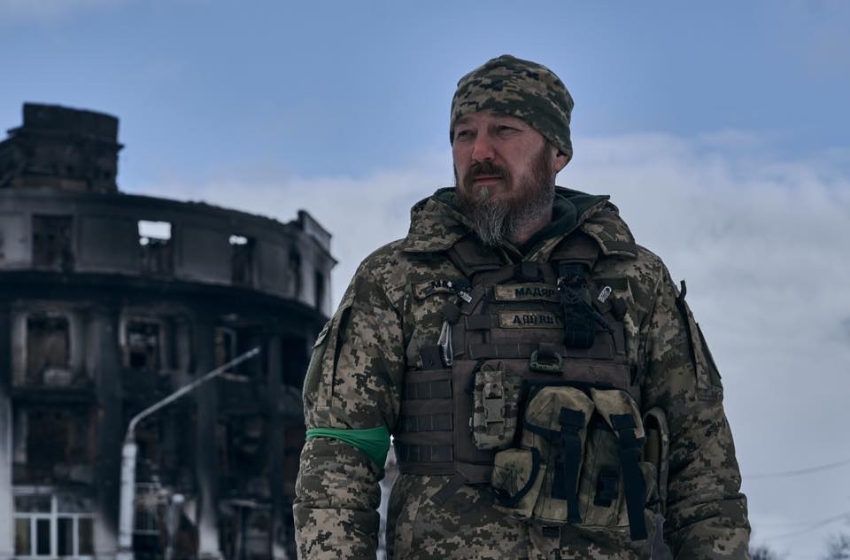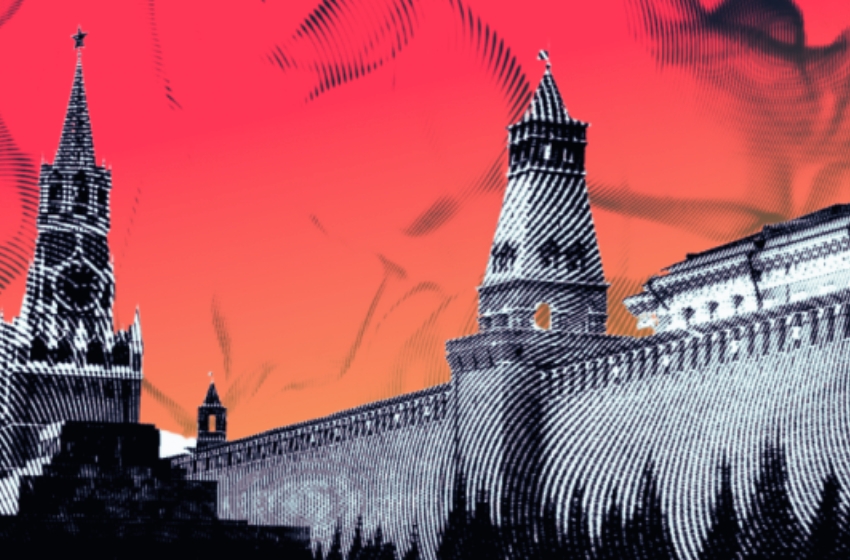Less than three months are left before the start of the new heating season, and everyone is well aware that it will be the most difficult in the history of our country.
This is how Prime Minister of Ukraine Denys Shmygal described the following winter and added that before the onset of cold weather, public utilities would not be able to restore district heating in all settlements fully. This is not surprising because today, due to the invasion of bloody Russia on Ukrainian soil, 345 critical infrastructure facilities in the field of heat supply have already been hit. Of these, 336 boiler houses (324 damaged and 12 destroyed), 8 combined heat and power plants (four destroyed and four damaged), and a thermal power plant was also damaged.
Despite the invaders' intentions to force Ukraine into negotiations on their own terms, we can expect that closer to October, the Russian military will try to destroy critical infrastructure as much as possible to put pressure on the Ukrainian authorities because of the discontent of the civilian population. Such a possible course of events requires all branches of government to unite as much as possible and develop an effective mechanism for passing the heating season, which was a constant challenge for our state even without a war.
It is worth noting that in early June, the Cabinet of Ministers created a headquarters to prepare the state for the passage of the autumn-winter period. But the question immediately arises why this was not done back in April, when the last heating season was completed. Perhaps the officials hoped the war would not last until autumn, or they had more important problems, such as overcoming the fuel shortage at gas stations. But the fact remains that it was possible to create such a headquarters earlier.
The head of government declares that Ukraine is preparing for various scenarios for the passage of the heating season because "when your neighbor is an inadequate terrorist, any scenario is possible." That is, there is hope that the government is at least thinking about how to respond to the most negative scenario.
But in addition to ensuring safety for heating systems in Ukrainian settlements, big questions arise regarding the financial side of the new heating season. As expected, the government took a step understandable in today's conditions in the form of a moratorium on increasing all basic utility tariffs for the population. Thus, heating tariffs will not be raised for the third consecutive winter. Is it worth mentioning that during this time all the components of the tariffs, such as the wages of employees of heat generating enterprises or the cost of energy carriers, have risen in price significantly?
Last year, the government promised to allocate almost UAH 27 billion to thermal workers to cover the difference in tariffs between actual and economically justified ones. But this spring, not all enterprises received these funds. And now we need to look for even more funding for heat communal enterprises so that they have at least some working capital to prepare for the winter and work during the cold weather.
So far, they have found a simple way out - the parliament is considering a government bill that proposes not just to impose a moratorium on the increase in the cost of heat, hot water and gas for the population, but to provide for the receipt of 180 billion hryvnias from international partners to pay off the difference in tariffs.
It should be understood that even at the old tariffs, Ukrainians, for the most part, do not have the opportunity to pay, especially in front-line regions where there is almost no work. For example, the debts of the inhabitants of heroic Mykolaiv to the company "Nikolaevoblteploenergo" have already exceeded UAH 217 million, and two-thirds of this debt - 144 million - were formed this winter. Today, almost half of the inhabitants of Mykolaiv have already left the city; therefore, even under a relatively standard winter, heat pumps will heat a significant part of the apartments where no one lives.
By the way, the Minister for Reintegration of the Temporarily Occupied Territories, Irina Vereshchuk, predicts that before the onset of cold weather, there will be a new wave of citizens moving to the west of Ukraine. Despite this, it may not be an easy choice: whether it is worth holding a centralized heating season in some settlements for purely economic reasons.
Do not forget that the government has set the task for the relevant departments to accumulate 2-3 million tons of coal and 19 billion cubic meters of gas by winter. Today, there are already 1.5 million tons of coal and 11.3 billion cubic meters of natural gas, but one of the most problematic stories has now arisen with gas.
According to the chairman of the state board holding Naftogaz of Ukraine, Yuriy Vitrenko, before the start of the heating season, 15 billion cubic meters of gas must be pumped into Ukrainian gas storage facilities. But the government decided to "keep it safe" and have more gas in reserve for the winter. Therefore, an additional 4 billion cubic meters of blue fuel must be pumped in, costing about $8 billion or UAH 260 billion.
As with the tariff differential, the government decided to register a bill to support the gas and heat markets financially. He assumes that about 60 billion hryvnias will be allocated from the state budget for gas purchase, and the remaining 200 billion should come from our Western partners in the form of assistance or grants.
That is, the price of the issue of passing the winter with the old tariffs for gas, heat, and hot water is more than 400 billion hryvnias, of which a significant part is the assistance of foreign countries. We don’t even want to imagine what will happen if Ukraine does not receive these billions.
But after the proposal to buy expensive gas today, many experts and deputies had doubts about just such a use of huge funds, especially during the war. There are also questions regarding the planned indicator of gas reserves because, in addition to the departure of several million Ukrainians abroad, our state has lost many industrial enterprises in the Donbas, which were perhaps the largest consumers of blue fuel. Gas consumption this winter will definitely be less than last season.
It is also worth recalling the words of the Minister for the Development of Communities and Territories, Oleksiy Chernyshev, who heads the government headquarters for preparing Ukraine for winter. He noted that during the heating season, the temperature in our houses will be 18-20 degrees but should not fall below 16 degrees. He also urged people to stop "living with windows open in winter and heating the street." These words can be interpreted so that officials plan to use much less blue fuel for heat production in the next heating season.
Against the backdrop of these large-scale plans, the UAH 1.4 billion that the government has allocated to purchase backup equipment for regions that may experience emergencies due to the Russian invasion look modest.
So far, despite officials’ statements that preparations for winter are going according to plan, the situation looks like the 2022-2023 heating season will not only be the most difficult in the history of Ukraine but also decisive in many ways. And it is better to prepare now for the worst case when the invaders try to "freeze" the Ukrainians, as their rabid propagandists have been promising for years.
At the same time, Ukrainians have some advantages today. If the full-scale attack of the Russian invaders in February was unexpected for most citizens, now we have several months to prepare defenses on this front of the war for independence.









